
Paradise Found: The Enchanting Mango Island of Tonga
Nestled in the heart of the South Pacific, Mango Island is a tropical haven in the kingdom of Tonga. The island is a picture-perfect getaway with its white sandy beaches, turquoise waters, and lush greenery. It offers a serene escape from the hustle and bustle of daily life, making it an ideal destination for relaxation and rejuvenation. Whether you are a nature enthusiast or an adventure seeker, Mango Island has something for everyone. Snorkeling and diving in the vibrant coral reefs provide a glimpse into the rich marine life, while hiking trails through the verdant landscape reveal stunning panoramic views. The island’s warm, friendly locals add to the charm, offering a glimpse into the rich Tongan culture and traditions. As you explore Mango Island, you’ll discover secluded coves perfect for a private picnic, and the island’s clear night skies offer a breathtaking view of the stars. With its unspoiled beauty and tranquil ambiance, Mango Island is a slice of paradise that promises an unforgettable experience.
Local tips in Mango Island
- Visit during the dry season (May to October) for the best weather conditions.
- Pack reef-safe sunscreen to protect the marine ecosystem while snorkeling.
- Bring cash as many local establishments do not accept credit cards.
- Try the local seafood; it is fresh and delicious, often caught the same day.
- Respect local customs and traditions, and consider learning a few basic Tongan phrases.
Paradise Found: The Enchanting Mango Island of Tonga
Nestled in the heart of the South Pacific, Mango Island is a tropical haven in the kingdom of Tonga. The island is a picture-perfect getaway with its white sandy beaches, turquoise waters, and lush greenery. It offers a serene escape from the hustle and bustle of daily life, making it an ideal destination for relaxation and rejuvenation. Whether you are a nature enthusiast or an adventure seeker, Mango Island has something for everyone. Snorkeling and diving in the vibrant coral reefs provide a glimpse into the rich marine life, while hiking trails through the verdant landscape reveal stunning panoramic views. The island’s warm, friendly locals add to the charm, offering a glimpse into the rich Tongan culture and traditions. As you explore Mango Island, you’ll discover secluded coves perfect for a private picnic, and the island’s clear night skies offer a breathtaking view of the stars. With its unspoiled beauty and tranquil ambiance, Mango Island is a slice of paradise that promises an unforgettable experience.
When is the best time to go to Mango Island?
Iconic landmarks you can’t miss
Mapu'a Vaea Blowholes
Experience the breathtaking power of nature at Mapu'a Vaea Blowholes, Tonga's stunning geological marvel that shoots water high into the air.
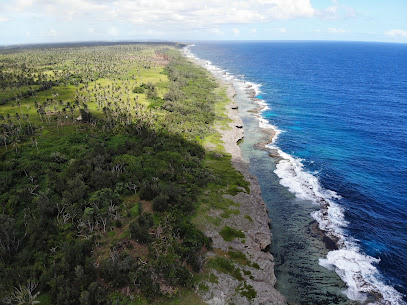
Tongatapu
Explore Tongatapu, Tonga's vibrant main island, known for its breathtaking landscapes, rich culture, and warm local hospitality.
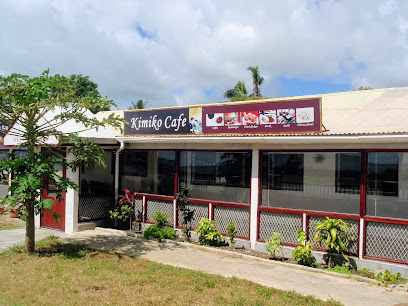
Royal Palace of Tonga
Experience the grandeur of the Royal Palace of Tonga, a historical landmark embodying the spirit and heritage of the Tongan monarchy in Nuku'alofa.
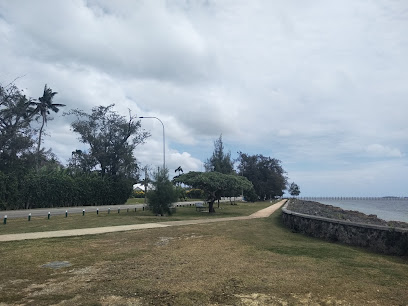
Cafe Escape
Taste the vibrant flavors of Tonga at Cafe Escape, a cozy restaurant in Nuku'alofa offering delightful dishes and exceptional coffee.
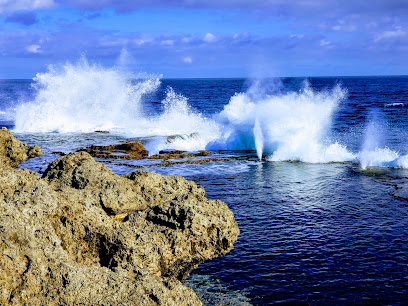
Anahulu Cave
Explore Anahulu Cave, an enchanting natural wonder in Haveluliku, Tonga, where stunning rock formations meet crystal-clear waters for an unforgettable adventure.
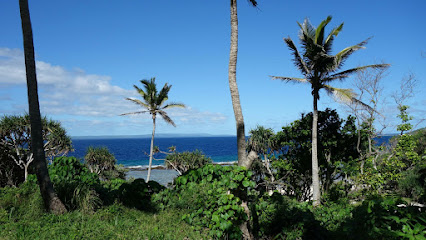
Royal Tombs
Explore the Royal Tombs of Tonga, a historical landmark that reveals the fascinating legacy of Tongan royalty amidst breathtaking natural beauty.
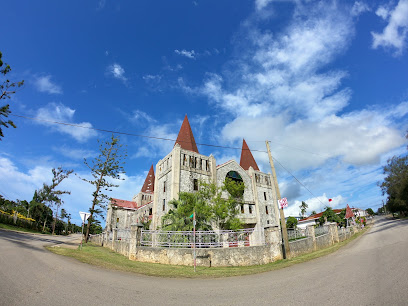
Tsunami Rock
Explore Tsunami Rock, a stunning natural landmark in Tonga, where adventure meets tranquility amidst breathtaking ocean views and rich cultural heritage.
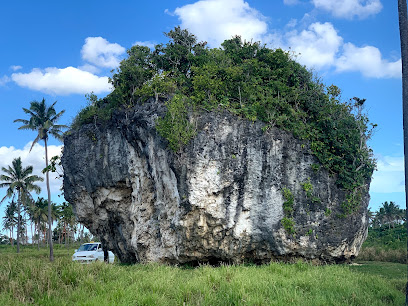
Ancient Tonga
Explore the rich heritage of Tonga at Ancient Tonga, a captivating attraction showcasing traditional culture and historical artifacts.
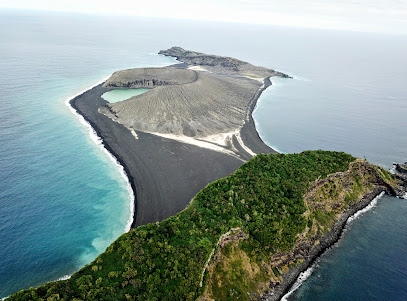
'Oholei Beach Resort
Discover paradise at Oholei Beach Resort in Lavengatonga, where luxury meets nature in the heart of Tonga's stunning landscape.
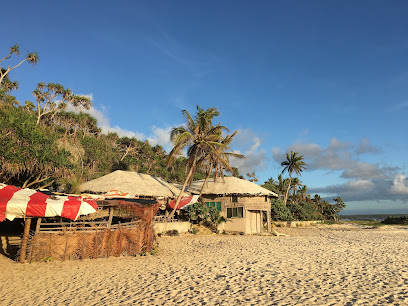
Ha'amonga 'a Maui Trilithon
Uncover the ancient mysteries of Tonga at Ha'amonga 'a Maui Trilithon, a stunning historical landmark steeped in cultural significance.
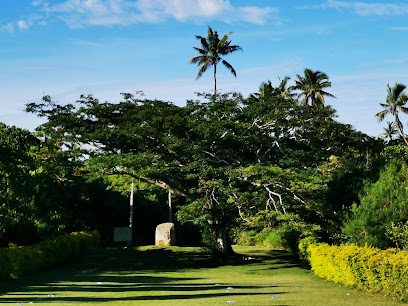
3 Headed Coconut
Experience the unique beauty of the 3 Headed Coconut in Matahau, a cultural gem and stunning natural attraction in Tonga.
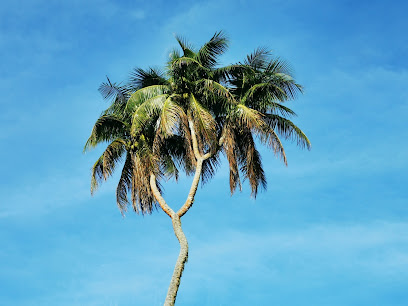
Vakaloa Beach Resort
Discover the serene beauty of Vakaloa Beach Resort in Kanokupolu, where tranquility meets tropical paradise for an unforgettable vacation experience.
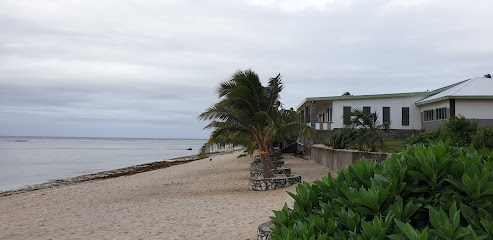
Winnies Bed & Breakfast
Experience authentic Tongan hospitality at Winnies Bed & Breakfast, your cozy retreat in Nuku'alofa, close to beaches and local attractions.

Captain Cook Landing Site
Explore the Captain Cook Landing Site in Tonga, a key historical landmark where adventure and rich culture meet stunning natural landscapes.
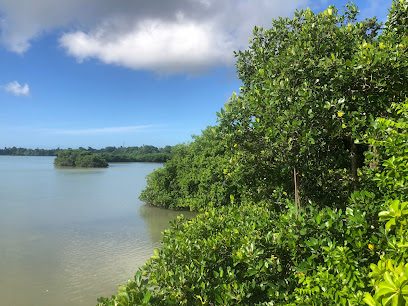
Blue Water Retreat
Experience the serene beauty and authentic Tongan hospitality at Blue Water Retreat in Tufuvai, your paradise getaway.
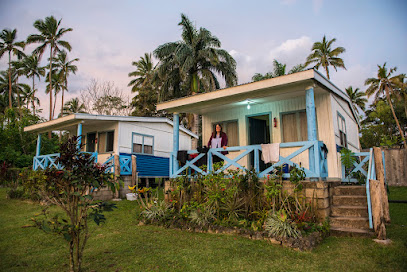
Unmissable attractions to see
Royal Palace of Tonga
Discover the Royal Palace of Tonga, a stunning historical site reflecting Tongan culture, rich heritage, and royal traditions in the heart of Nuku'alofa.
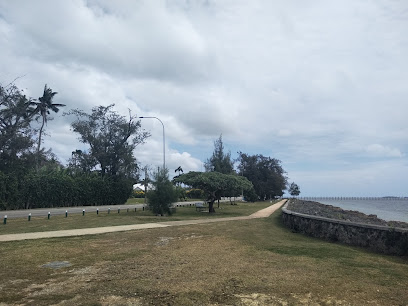
Captain Cook Landing Site
Explore the historical significance of Captain Cook Landing Site in Alaki, a peaceful tribute to exploration and cultural heritage.
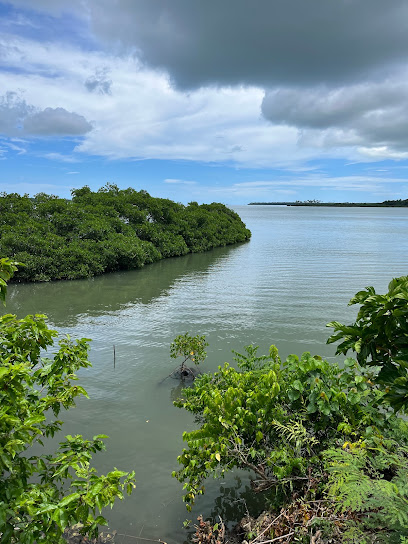
Mounu Island
Explore Mounu Island, a serene and beautiful paradise in Tonga, perfect for relaxation, adventure, and a taste of local culture.

Essential places to dine
Coffee Post
Discover the heart of Tonga at Coffee Post, where exceptional brews meet warm hospitality in Maufanga.
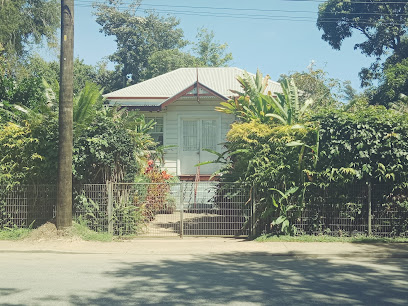
Little Italy Hotel
Experience authentic Italian cuisine and warm hospitality at Little Italy Hotel in Nuku'alofa, where comfort meets culinary delight.

Friends Cafe
Discover the flavors of Tonga at Friends Cafe in Nuku'alofa - where every bite tells a story!
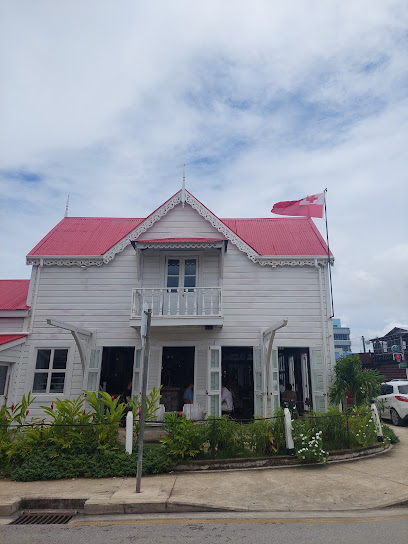
Cafe Escape
Discover Cafe Escape in Nuku'alofa: A culinary gem offering delectable Tongan dishes and exquisite coffee in a warm atmosphere.
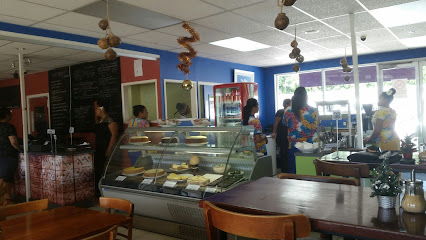
Billfish Bar and Restaurant
Discover Tongan hospitality at Billfish Bar and Restaurant in Nuku'alofa – where delicious seafood meets breathtaking ocean views.
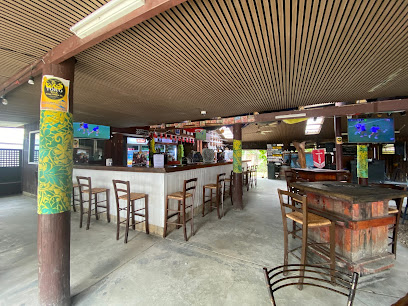
Chef Zero Restaurant
Discover authentic Tongan cuisine at Chef Zero Restaurant in Nuku'alofa—where every dish tells a story.
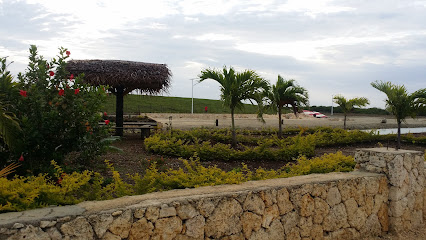
The TOP Restaurant and Lounge
Discover culinary excellence at The TOP Restaurant and Lounge in Nuku'alofa – where local flavors meet international flair.
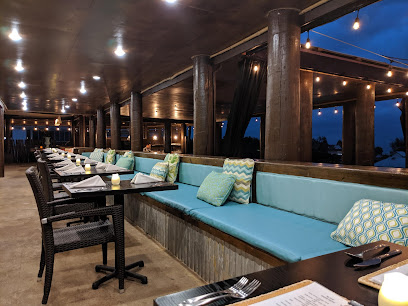
Mum's Cafe Nukualofa
Discover authentic Tongan flavors at Mum's Cafe in Nuku'alofa - a culinary gem offering hearty dishes and island hospitality.
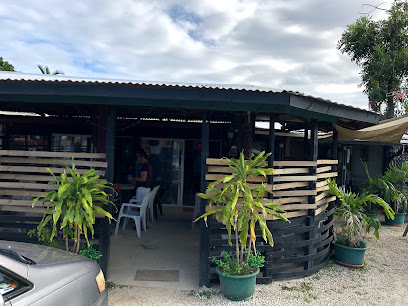
Tupu'anga Coffee Factory and Cafe
Discover the rich flavors of Tonga at Tupu'anga Coffee Factory and Cafe - where every cup tells a story.
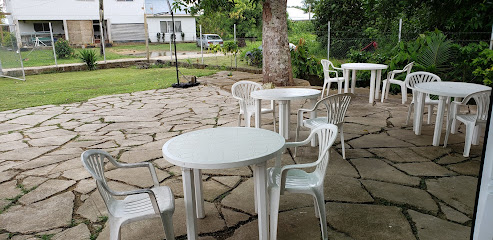
Young’s Kitchen
Discover authentic Tongan cuisine at Young’s Kitchen in Nuku'alofa - where every meal is a celebration of local flavors.
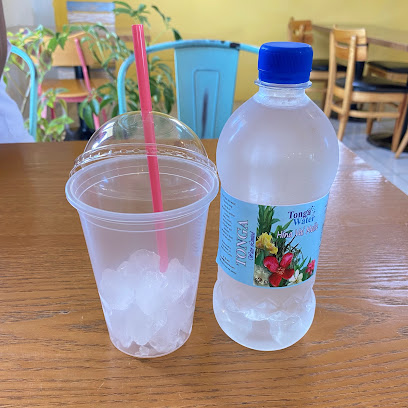
The Waterfront Cafe
Discover authentic Tongan flavors at The Waterfront Cafe in Nuku'alofa with stunning ocean views and welcoming ambiance.
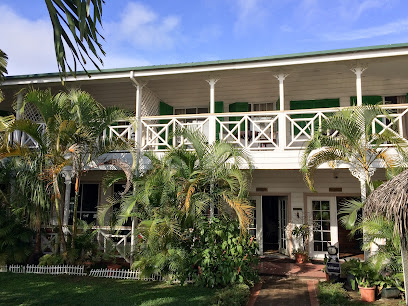
Frangipani - Korean Restaurant/Karaoke
Experience authentic Korean cuisine and vibrant karaoke at Frangipani in Nuku'alofa - a must-visit for foodies and fun-seekers alike.
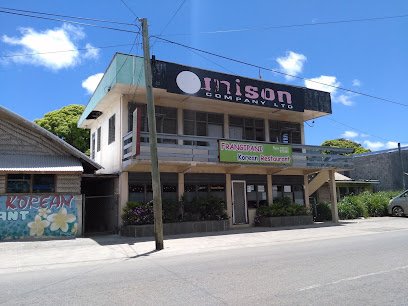
Sabrina's Chicken Vilovilo
Experience authentic Tongan barbecue at Sabrina's Chicken Vilovilo—where every meal is a celebration of flavor and community spirit.
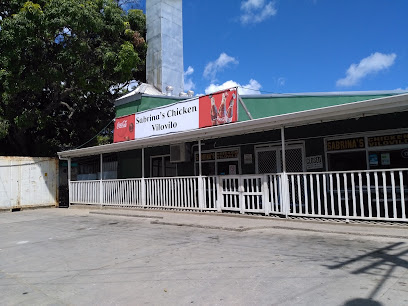
Reload Bar
Immerse yourself in Nuku'alofa's nightlife at Reload Bar - where refreshing drinks meet vibrant atmosphere and friendly faces.
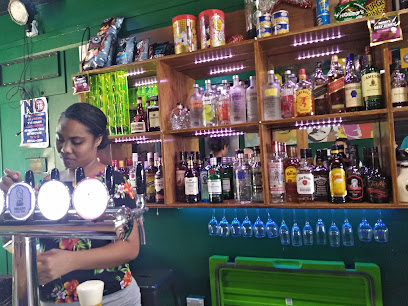
Tropical Taste
Discover authentic Tongan cuisine at Tropical Taste in Nuku'alofa - a must-visit for food lovers seeking local flavors.
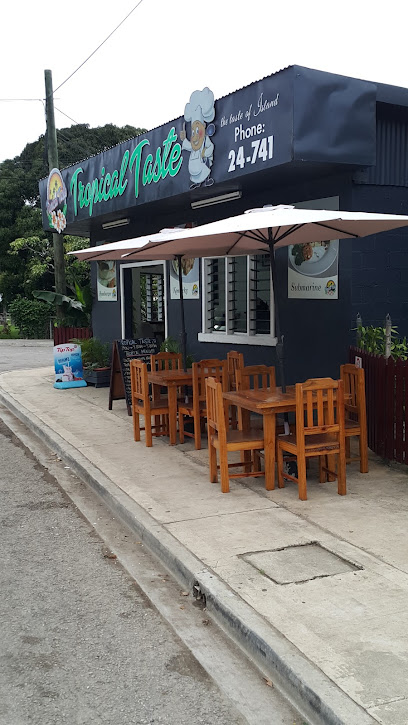
Markets, malls and hidden boutiques
Talamahu Market
Discover Talamahu Market: A Vibrant Fresh Food Market in Nuku'alofa Showcasing Local Produce and Culture.
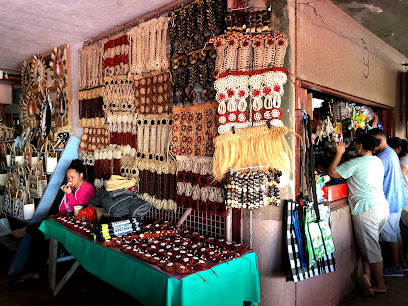
Molisi Supermarket
Explore the vibrant flavors of Tonga at Molisi Supermarket, where local ingredients and friendly service create an unforgettable shopping experience.
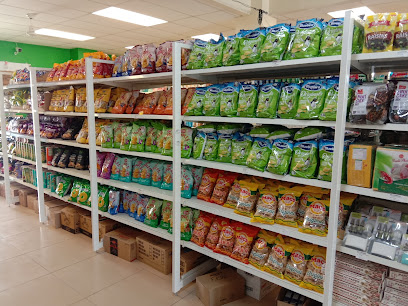
EZ TONGA ONLINE SHOPPING
Shop authentic Tongan products online at EZ Tonga, where local culture meets modern e-commerce convenience for tourists and locals alike.

Si'i Kae Ola Supermarket
Explore the vibrant Si'i Kae Ola Supermarket in Nuku'alofa for a unique taste of Tongan culture and local delicacies.
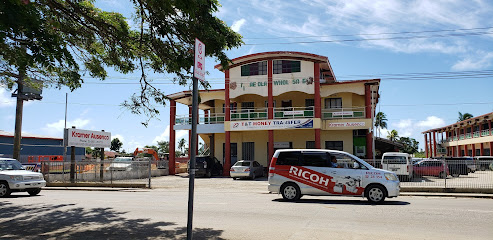
Langafonua Handicraft Centre and Gallery
Explore Tongan culture through art at Langafonua Handicraft Centre and Gallery, where local craftsmanship meets vibrant creativity.
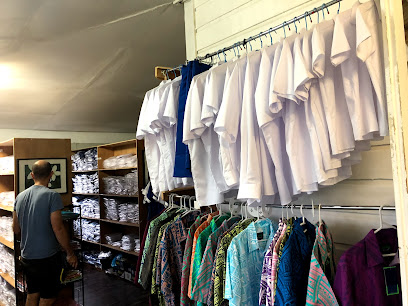
Friendly Island Bookshop
Discover the rich literary culture of Tonga at the Friendly Island Bookshop, where every book tells a story of the Friendly Islands.
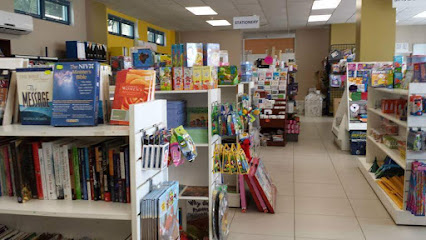
Fakafeta'i Store
Explore the charm of Fakafeta'i Store in Nuku'alofa, where Tongan culture meets quality products and warm hospitality.
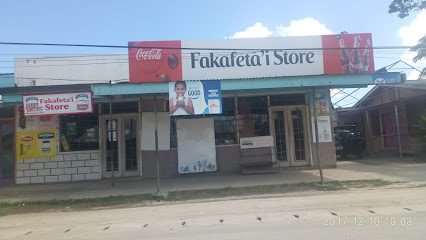
Leiola
Explore Leiola in Nuku'alofa for an authentic beer experience with local and international brews that tantalize your taste buds.
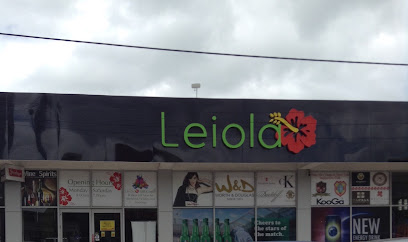
E & J System(Main)
Explore E & J System in Veitongo for all your computer, mobile repair, and entertainment needs while visiting Tonga.
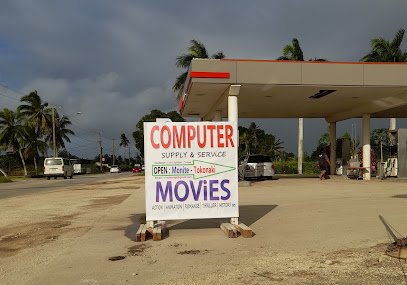
Le-Ata Tonga
Discover the charm of Tongan culture at Le-Ata Tonga, a boutique offering unique clothing and handmade crafts in the heart of Nuku'alofa.
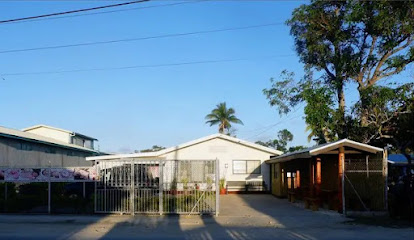
Lion Liquor
Discover a variety of local and imported beers at Lion Liquor, your go-to supermarket and beer distributor in Nuku'alofa, Tonga.
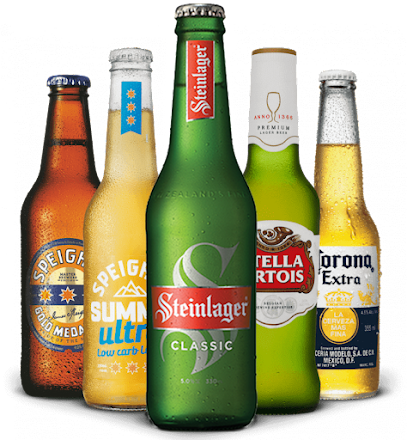
Tuhulu Media
Experience the beauty of Tonga through expert photography and video production at Tuhulu Media in Tofoa.
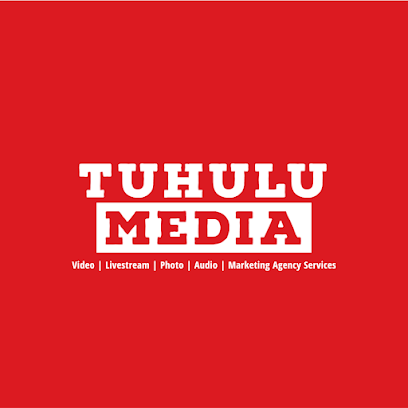
Fasi Pharmacy Clinic
Fasi Pharmacy Clinic in Nuku'alofa: Your essential health resource for medications, advice, and wellness products during your Tongan adventure.

Joy's Gifts & Souvenir Shop
Explore Joy's Gifts & Souvenir Shop for authentic Tongan handicrafts and unique treasures to cherish your travel memories.
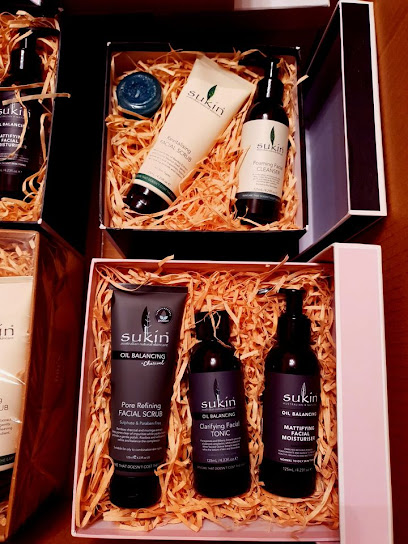
Lalita Store
Explore Lalita Store in Nuku'alofa for a vibrant selection of electronics, blending modern technology with local charm in the heart of Tonga.

Essential bars & hidden hideouts
Little Italy Hotel
Experience the fusion of Italian flavors and Tongan hospitality at Little Italy Hotel in Nuku'alofa, where every meal tells a story.

Friends Cafe
Discover the best of local cuisine and culture at Friends Cafe in Nuku'alofa, where delicious food meets a welcoming atmosphere.
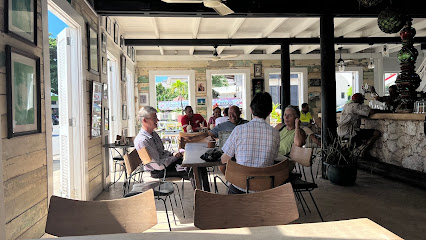
Cafe Escape
Discover Café Escape in Nuku'alofa - a delightful restaurant offering a fusion of local and international flavors in a cozy atmosphere.
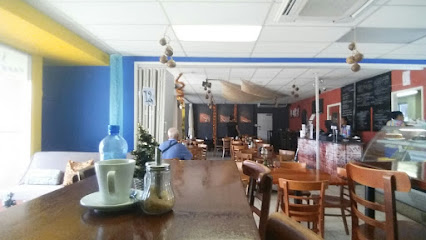
Billfish Bar and Restaurant
Discover the vibrant flavors of Tonga at Billfish Bar and Restaurant, where local cuisine meets a lively atmosphere.
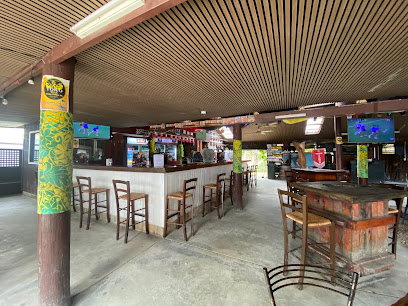
Chef Zero Restaurant
Discover the essence of Tongan cuisine at Chef Zero Restaurant, where every dish is a celebration of flavor and culture in Nuku'alofa.
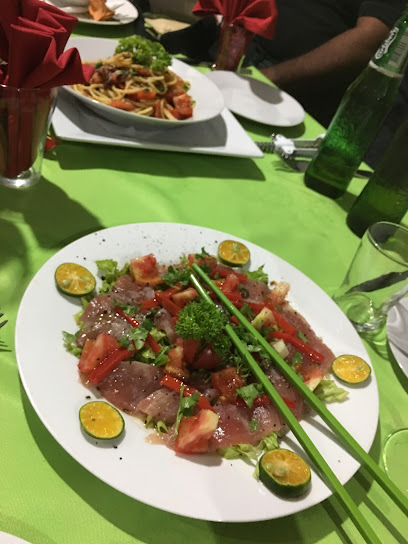
The TOP Restaurant and Lounge
Experience the finest Tongan cuisine and breathtaking views at The TOP Restaurant and Lounge in Nuku'alofa.
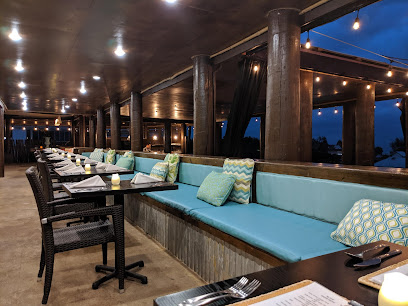
Young’s Kitchen
Experience the authentic taste of Tonga at Young’s Kitchen, where traditional cuisine meets warm hospitality in the heart of Nuku'alofa.
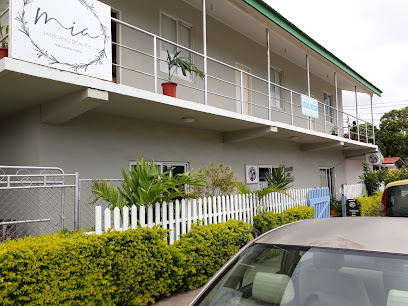
Nauti Ruby's Bar & Restaurant
Experience the vibrant atmosphere and delicious Tongan cuisine at Nauti Ruby's Bar & Restaurant, the perfect escape in Nuku'alofa.
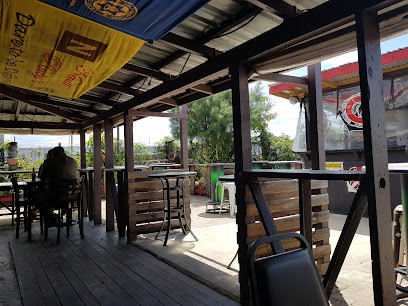
Reload Bar
Experience the vibrant nightlife of Nuku'alofa at Reload Bar, where local culture meets delicious drinks in a lively atmosphere.
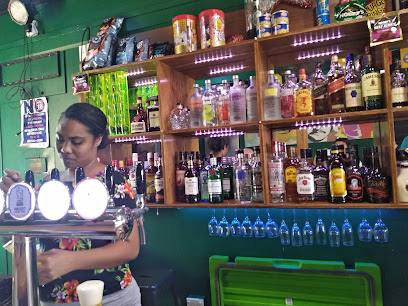
Tali'eva Inn Bar
Experience the vibrant nightlife at Tali'eva Inn Bar in Nuku'alofa, where great drinks and local culture come together for an unforgettable evening.
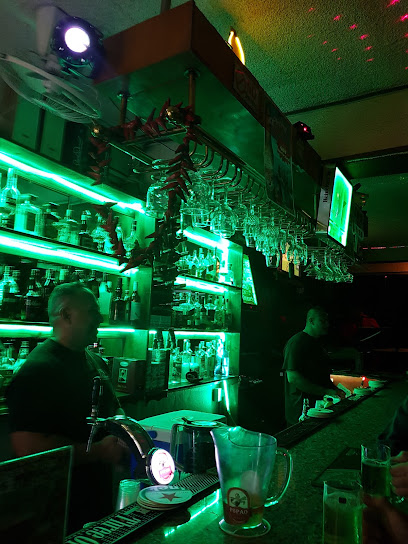
Moli Green Cafe
Experience the vibrant flavors of Tonga at Moli Green Cafe, a cozy spot in Nuku'alofa that serves exceptional coffee and delicious local snacks.
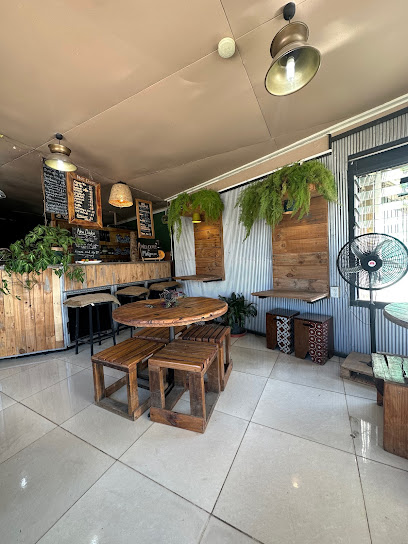
Big Mama's Bar
Discover the vibrant spirit of island life at Big Mama's Bar, a tropical oasis on Pangaimotu Island, offering refreshing drinks and stunning views.
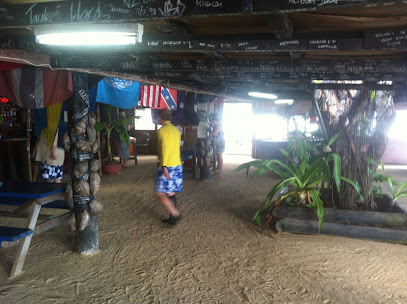
tiger inn
Discover the flavors of Tonga at Tiger Inn, where authentic cuisine and warm hospitality create an unforgettable dining experience.
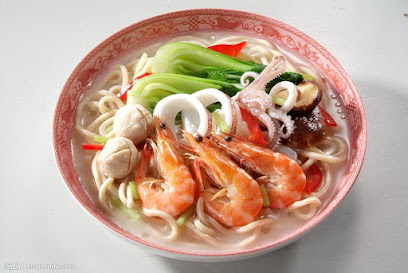
Kafataha Bong Club
Experience the vibrant nightlife at Kafataha Bong Club in Nuku'alofa, where locals and tourists come together for unforgettable evenings filled with music and drinks.

Local Phrases about Mango Island
-
- HelloMalo e lelei
[mah-loh eh leh-leh] - GoodbyeʻAlu a
[ah-loo ah] - YesʻIo
[ee-oh] - NoʻIkai
[ee-kai] - Please/You're welcomeFakafetai
[fah-kah-feh-tai] - Thank youMālō
[mah-loh] - Excuse me/SorryFakamolemole
[fah-kah-moh-leh-moh-leh] - How are you?ʻOku ʻoatu haʻa?
[oh-koo oh-ah-too hah-ah] - Fine. And you?Fefe. Mo koe?
[feh-feh. moh koh-eh] - Do you speak English?Te u fakaʻilonga ʻi he lea fakapālangi?
[teh oo fah-kah-ee-long-gah ee heh lay-ah fah-kah-pah-lahng-ee] - I don't understandʻIkai ke fahamā
[ee-kai keh fah-hah-mah]
- HelloMalo e lelei
-
- I'd like to see the menu, pleaseʻOku ou fakaʻilo ʻi he kanumē, fakamolemole
[oh-koo oh fah-kah-ee-loh ee heh kah-noo-meh, fah-kah-moh-leh-moh-leh] - I don't eat meatʻIkai au ʻai e kau
[ee-kai ow ah-ee eh kow] - Cheers!Mālō!
[mah-loh] - I would like to pay, pleaseʻOku ou lava ke totongi, fakamolemole
[oh-koo oh lah-vah keh toh-tohng-ee, fah-kah-moh-leh-moh-leh]
- I'd like to see the menu, pleaseʻOku ou fakaʻilo ʻi he kanumē, fakamolemole
-
- Help!Fakamālohi
[fah-kah-mah-loh-hee] - Go away!Alu ki tua!
[ah-loo kee too-ah] - Call the Police!Fonua ki ha Pulisi!
[foh-noo-ah kee hah poo-lee-see] - Call a doctor!Fonua ki ha kaukau!
[foh-noo-ah kee hah kow-kow] - I'm lostKuo ʻulufale au
[kwo oh-loo-fah-leh ow] - I'm illʻOku au mamata
[oh-koo ow mah-mah-tah]
- Help!Fakamālohi
-
- I'd like to buy...ʻOku ou teke fakaʻosi...
[oh-koo oh teh-keh fah-kah-oh-see] - I'm just lookingKo e ʻosiki
[koh eh oh-see-kee] - How much is it?Ko e feʻunga ia?
[koh eh feh-oo-ngah ee-ah] - That's too expensiveKo e fakatemikā ia
[koh eh fah-kah-teh-mee-kah ee-ah] - Can you lower the price?ʻI heke ʻo fakatahataha e taimi?
[ee heh-keh oh fah-kah-tah-hah-tah-hah eh tah-ee-mee]
- I'd like to buy...ʻOku ou teke fakaʻosi...
-
- What time is it?Ko ha taimi ia?
[koh hah tah-ee-mee ee-ah] - It's one o'clockKo e taha taimi
[koh eh tah-hah tah-ee-mee] - Half past (10)Taha feofia (10)
[tah-hah feh-oh-fee-ah (10)] - MorningAo
[ah-oh] - AfternoonʻAhiahi
[ah-hee-ah-hee] - EveningPō
[poh] - YesterdayʻUa
[oo-ah] - TodayʻIneia
[ee-neh-ee-ah] - TomorrowʻApo
[ah-poh] - 1Taha
[tah-hah] - 2Ua
[oo-ah] - 3Tolu
[toh-loo] - 4Fa
[fah] - 5Nima
[nee-mah] - 6Ono
[oh-noh] - 7Fitu
[fee-too] - 8Valu
[vah-loo] - 9Hiva
[hee-vah] - 10Hongofulu
[hoh-ngoh-foo-loo]
- What time is it?Ko ha taimi ia?
-
- Where's a/the...?Ko fe...?
[koh feh] - What's the address?Ko ha fakamatala?
[koh hah fah-kah-mah-tah-lah] - Can you show me (on the map)?ʻI heke ʻo fakaʻilo au (ʻi he mapu)?
[ee heh-keh oh fah-kah-ee-loh ow (ee heh mah-poo)] - When's the next (bus)?Ko ha taimi ia ʻae fakamotokolo hoko?
[koh hah tah-ee-mee ee-ah ah-eh fah-kah-moh-toh-koh-loh hoh-koh] - A ticket (to ....)ʻE tika (ki ....)
[eh tee-kah kee]
- Where's a/the...?Ko fe...?
History of Mango Island
-
Mango Island, like many other islands in Tonga, was first settled by Polynesians around 1000 BCE. These early settlers navigated vast ocean distances using sophisticated voyaging canoes and celestial navigation techniques. They brought with them a rich culture that included agriculture, fishing, and intricate social structures. Archaeological evidence such as Lapita pottery fragments provides a glimpse into these ancient communities.
-
Between the 10th and 13th centuries, Mango Island was part of the Tongan Maritime Empire, also known as the Tu'i Tonga Empire. This era saw the expansion of Tongan influence across the Pacific. The island played a role in this network, serving as a waypoint and trade hub. Artifacts from this period, including tools and ornaments, highlight the island's integration into regional trade routes.
-
The 17th century marked the arrival of European explorers to the Tongan archipelago. Dutch navigator Abel Tasman was among the first to chart these waters in 1643, followed by British explorer Captain James Cook in the late 18th century. Cook's visits between 1773 and 1777 introduced Mango Island to the wider world. These encounters also brought new technologies and ideas, as well as diseases that had a profound impact on the local population.
-
The 19th century saw the arrival of Christian missionaries, who played a significant role in shaping the cultural and social landscape of Mango Island. Methodist missionaries were particularly influential, establishing churches and schools. The introduction of Christianity led to the gradual decline of traditional religious practices and the adoption of new educational and social systems.
-
In the late 19th and early 20th centuries, Tonga, including Mango Island, came under British protection. The Treaty of Friendship signed in 1900 made Tonga a British protectorate, though it retained its monarchy. This period saw increased infrastructural development and integration into global economic systems. The islanders began to engage more with global trade, exchanging local goods such as copra and handicrafts.
-
World War II brought significant changes to the Pacific region, including Mango Island. The island, like many others in Tonga, saw the presence of Allied forces. While it was not a major battleground, the war brought about infrastructural developments such as airstrips and better communication systems. The war also exposed the islanders to new cultural influences and technological advancements.
-
In the post-war era, Mango Island has seen steady development, balancing modernity with tradition. Tourism has become an important part of the local economy, drawing visitors with its pristine beaches, vibrant marine life, and rich cultural heritage. Efforts have been made to preserve traditional crafts, dances, and rituals, ensuring that the island's unique cultural identity remains intact while embracing modern conveniences.
Mango Island Essentials
-
Mango Island is accessible by air and sea. The nearest international airport is Fuaʻamotu International Airport on the main island of Tongatapu. From there, you can take a domestic flight to Mango Island, which is serviced by local airlines. Alternatively, you can reach Mango Island by ferry from the main island, which offers a scenic but longer journey.
-
On Mango Island, transportation options include taxis, rental cars, and bicycles. Taxis are available in larger villages and can be hailed on the street or booked in advance. Renting a car allows for greater flexibility to explore the island at your own pace, but be aware that roads may be narrow and winding. Bicycles are a popular choice for short distances and offer a more eco-friendly way to navigate the island.
-
The official currency of Tonga is the Tongan Paʻanga (TOP). Credit cards are accepted at most hotels, restaurants, and larger shops, but it is advisable to carry cash for smaller establishments and markets. ATMs are available on the island, but it is recommended to bring sufficient funds with you to avoid any inconvenience.
-
Mango Island is generally safe for tourists, but it is always wise to take standard precautions. Avoid walking alone at night in unfamiliar areas and keep your belongings secure. While crime rates are low, petty theft can occur, especially in crowded places. Be cautious and aware of your surroundings at all times.
-
In case of an emergency, dial 911 for immediate assistance. The island has a local police station and medical facilities to handle emergencies. It is highly recommended to have travel insurance that covers medical emergencies. For minor health issues, there are pharmacies where you can purchase over-the-counter medications.
-
Fashion: Do dress modestly, especially when visiting religious sites. Avoid wearing revealing clothing. Religion: Do respect local customs and traditions. Always remove your shoes before entering homes or religious sites. Public Transport: Do be polite and give up your seat to elderly passengers. Don't eat or drink on public transport. Greetings: Do greet people with a friendly 'Mālō e lelei' (Hello). A smile and a nod are also appreciated. Eating & Drinking: Do try local dishes and accept food offerings graciously. Don't refuse hospitality, as it is considered impolite.
-
To experience Mango Island like a local, visit the local markets where you can buy fresh produce and traditional Tongan crafts. Engage with locals, as they are friendly and often eager to share stories about their culture and history. Don't miss the traditional Tongan feasts, often accompanied by music and dance performances. For a unique experience, participate in a kava ceremony, a traditional social drink in Tonga.
Trending Landmarks in Mango Island
Nearby Cities to Mango Island
-
Things To Do in Foa
-
Things To Do in Pangai
-
Things To Do in Nuku'alofa
-
Things To Do in Ha'ano
-
Things To Do in Ha'apai
-
Things To Do in Vava'u
-
Things To Do in Kolovai
-
Things To Do in Eua
-
Things To Do in Levuka
-
Things To Do in Nausori
-
Things To Do in Suva
-
Things To Do in Rakiraki
-
Things To Do in Savusavu
-
Things To Do in Sigatoka
-
Things To Do in Labasa








